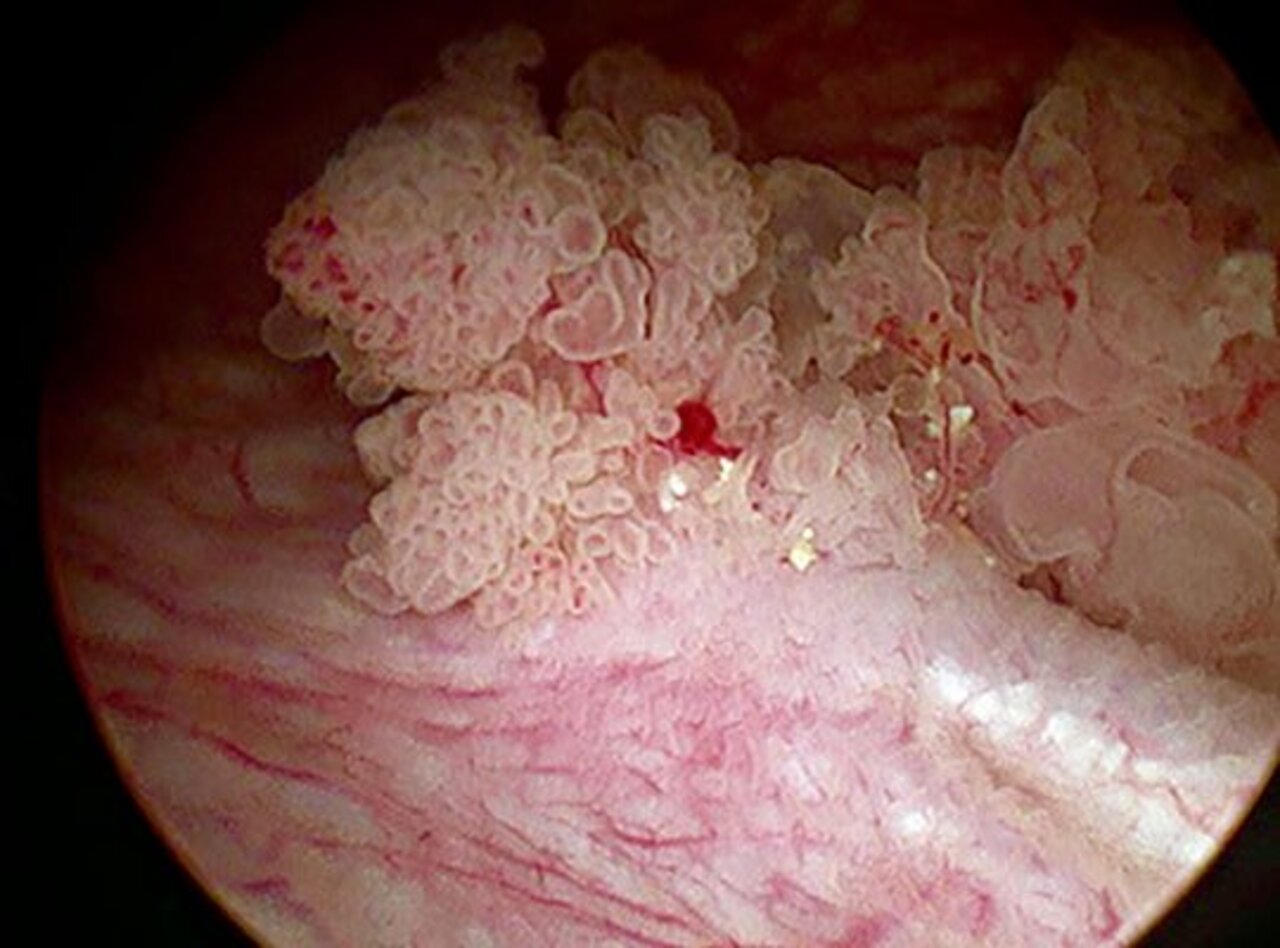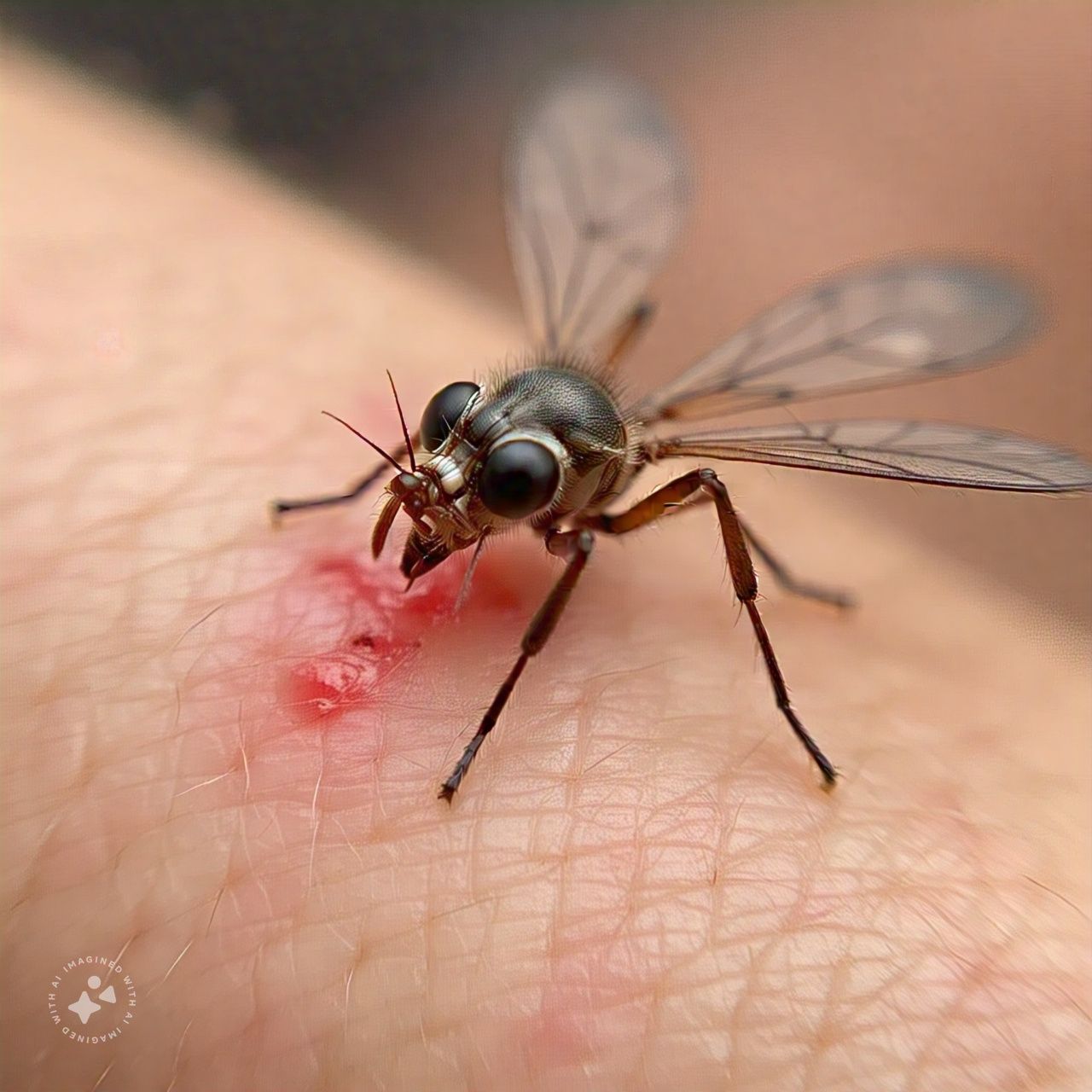
Bladder Cancer: One of the Most Difficult Cancers to Treat.
Bladder cancer typically originates when cells within the inner lining of the bladder, known as urothelial cells, start growing uncontrollably.
Bladder cancer typically originates when cells within the inner lining of the bladder, known as urothelial cells, start growing uncontrollably. The most common type of bladder cancer is urothelial carcinoma. Various factors, such as exposure to harmful chemicals (like those found in tobacco smoke) or chronic bladder irritation, contribute to its development.
A recent study has shown that mutations in DNA, specifically caused by enzymes like APOBEC3, play a key role in the early stages of bladder cancer by triggering abnormal cell growth. Additionally, chemotherapy treatments, especially platinum-based drugs like cisplatin, can cause further mutations that may drive the cancer to become more resistant to treatment.
RELATED CONTENT
As bladder cancer progresses, it can spread deeper into the bladder walls and eventually into nearby organs, lymph nodes, bones, lungs, and the liver. Its spread is often driven by genetic factors, including abnormal circular DNA structures (ecDNAs), which help tumor cells resist therapy and grow more aggressively.
In conclusion, bladder cancer is a complex disease driven by a combination of environmental exposure, genetic mutations, and treatment-induced changes. Early detection and understanding the molecular mechanisms behind its progression are crucial to developing better therapies











LEAVE A COMMENT:
Join the discussion! Leave a comment.